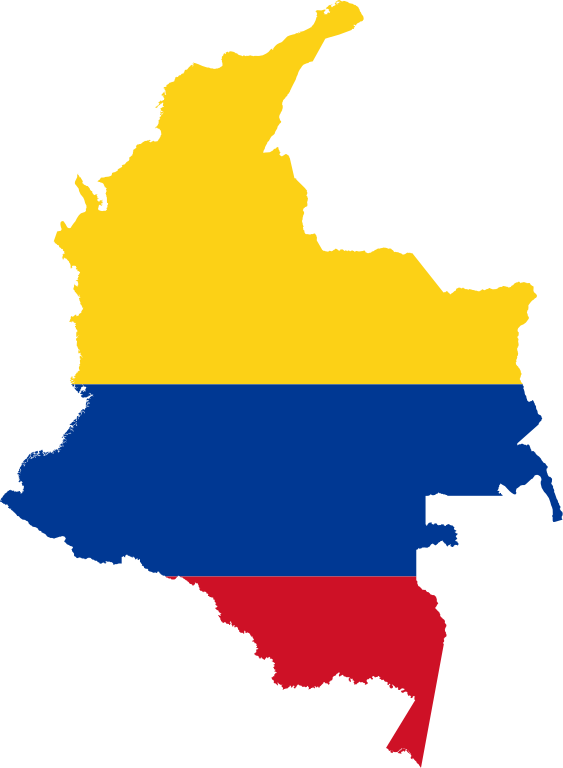
Three Warning Signs That Point to an Upheaval in U.S.-Colombian Relations
By Lulio Vargas-Cohen, ASP Adjunct Fellow
Many open questions remain regarding the new administration’s posture toward Latin America. Apart from Mexico, the region has not figured prominently among candidate or President Trump’s priorities.
What has become clear, however, is the administration’s willingness to question long-standing institutional arrangements. Whether it’s curbing funding for the U.N., or confronting NATO allies on their defense contributions, there are few sacred cows in an administration’s whose foreign policy contours are decidedly more isolationist and zero-sum in nature.
Colombia has a robust and long-standing relationship with the U.S. and, therefore, has much to lose from diplomatic rupture. Since 2000, the U.S. has contributed more than $10 billion toward the country as part of Plan Colombia, an aid agreement designed to curb the country’s drug trade. Colombia has also remained credibly democratic and a steadfast regional ally, even at times when much of the hemisphere has swayed toward support for populist leaders hostile to the U.S.
There are three particular warning signs that suggest Bogota’s relationship with Washington may soon be fundamentally altered.
1. Foreign assistance—via Plan Colombia—will be highly scrutinized.
Last year, President Obama pledged support for Colombia’s peace agreement with the Revolutionary Armed Forces of Colombia (FARC), a violent left-wing rebel group. To support the agreement’s implementation, the Obama administration aimed to increase funding by 40 percent to more than $450 million, rebranding the aid package as “Peace Colombia.”
This proposal is ready-made Twitter fodder for the President. In perhaps the administration’s most tangible statement on Colombia to date, then-Secretary of State nominee Rex Tillerson, in testimony to Congress, articulated that the relationship will be reviewed:
“If confirmed, I would make every effort to continue our close cooperation with the Colombian government, holding them to their commitments to rein in drug production and trafficking. I would also seek to review the details of Colombia’s recent peace agreement, and determine the extent to which the United States should continue to support it.”
2. Drug production may be growing; Washington will demand results to stymie it.
Reports indicate that coca production increased nearly 40% in 2015. Much of this is attributable to the suspension of counter-narcotic aerial fumigation, which Colombia ended due to health concerns. The U.S. response at the time was muted. Additionally, there are concerns that criminal gangs and rival rebel groups may be poised to fill the drug trade vacuum left by FARC’s disbandment.
These trends are certain to raise eyebrows among Trump administration decision-makers. While the Plan Colombia agreement is unlikely to be scrapped wholesale, the new administration will not hesitate to use it as an aggressive bargaining chip to drive a hard bargain.
3. The Leading opponent of FARC peace deal is influential in Washington
The peace agreement has been bitterly challenged in Colombia, with many believing the deal is too generous to the FARC. The agreement was initially defeated by a narrow public vote, before being passed by the country’s legislature. This opposition is championed by former President Alvaro Uribe, who remains influential within U.S. policy-making circles. In contrast, current President Juan Manuel Santos is unlikely to earn as much natural endearment with his recently-awarded Nobel Peace Prize.
While the administration has hewed closely to the issues it campaigned on, the tone and tenor of its relationship to Latin America remains unclear. On Colombia, we will soon see whether the White House chooses to endorse the bipartisan approach of past administrations, or if U.S.-Colombian relations are poised for ‘renegotiation.’





